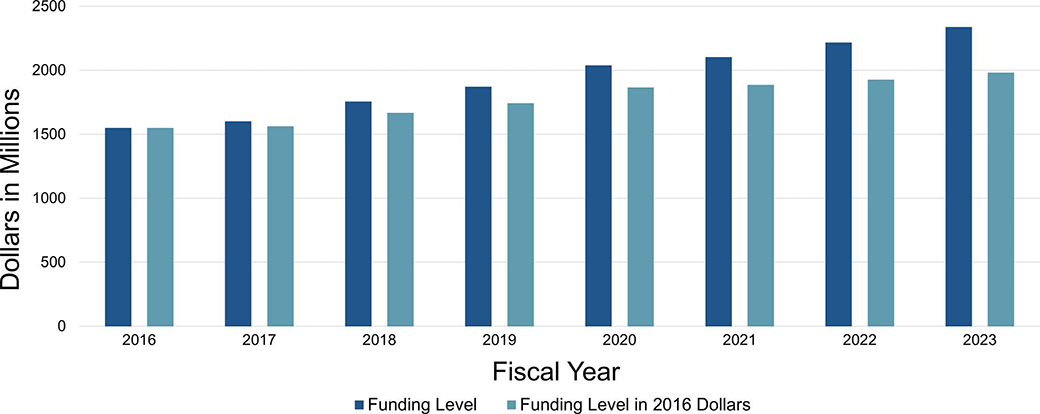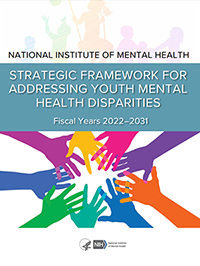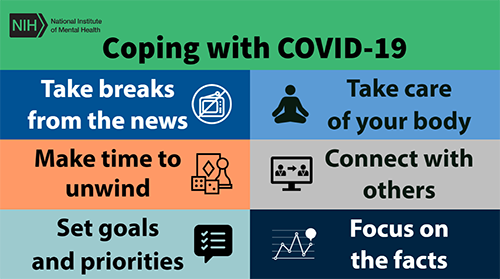NIMH FY 2024 Budget Fact Sheet
The National Institute of Mental Health (NIMH) is the lead federal agency for research on mental disorders. NIMH's mission is to transform the understanding and treatment of mental illnesses through basic and clinical research, paving the way for prevention, recovery, and cure. NIMH conducts and supports biomedical and behavioral research, health services research, research training, and health information dissemination with respect to the causes, diagnosis, treatment, management, and prevention of mental illnesses.
NIMH is guided by its Strategic Plan for Research, a roadmap for the lnstitute's research priorities, spanning fundamental science to public health impact.
NIMH Quick Facts
NIMH Funding History


Protecting youth mental health
The NIMH Office for Disparities Research and Workforce Diversity has developed a Strategic Framework to guide research to address and reduce mental health disparities among underserved and underrepresented youth by 2031. The Framework encompasses three Components: addressing knowledge gaps and expanding research opportunities; extending and supporting stakeholder engagement; and, growing the youth mental health disparities research workforce. Through 2031, NIMH may periodically update the Framework based on stakeholder feedback, emerging challenges and opportunities, and research advances.
Precision Psychiatry Initiative
Effective treatments for mental illnesses exist, yet tailoring treatment for individuals is often a trial-and-error process that can lead to unacceptable delays in receiving effective treatment. To address this pressing challenge, NIMH is launching the Precision Psychiatry Initiative, an ambitious research program that will address two parallel areas of need: biomarker development and precision diagnostics. The goal of the biomarker development effort is to deliver highly sensitive and specific biomarkers to guide treatment decisions for major depression. Meanwhile, the precision diagnostics effort will support studies that follow large (100,000+), diverse cohorts of individuals over time using novel behavioral and physiological methods to better predict patient prognosis and optimize treatment.
COVID-19 risks for people with serious mental illness (SMI)

As we learn more about COVID-19 illness and recovery and the effectiveness of vaccination, public health experts are turning their attention from the general public to those most at risk from infection. One major risk factor is SMI. Researchers have documented that people with SMI are not only more likely to get COVID-19 compared to the general population, they are also more likely to suffer from severe COVID-19, require hospitalization, and die. NIMH is supporting research to address urgent mental health research questions related to COVID-19, including broader secondary impacts of the pandemic as well as research at the intersection of mental health, COVID-19, and HIV. Research focused on vulnerable populations, including those who experienced disparities in health outcomes prior to the pandemic and report increased mental health symptoms and illness during the pandemic, will be of great importance.
